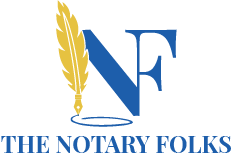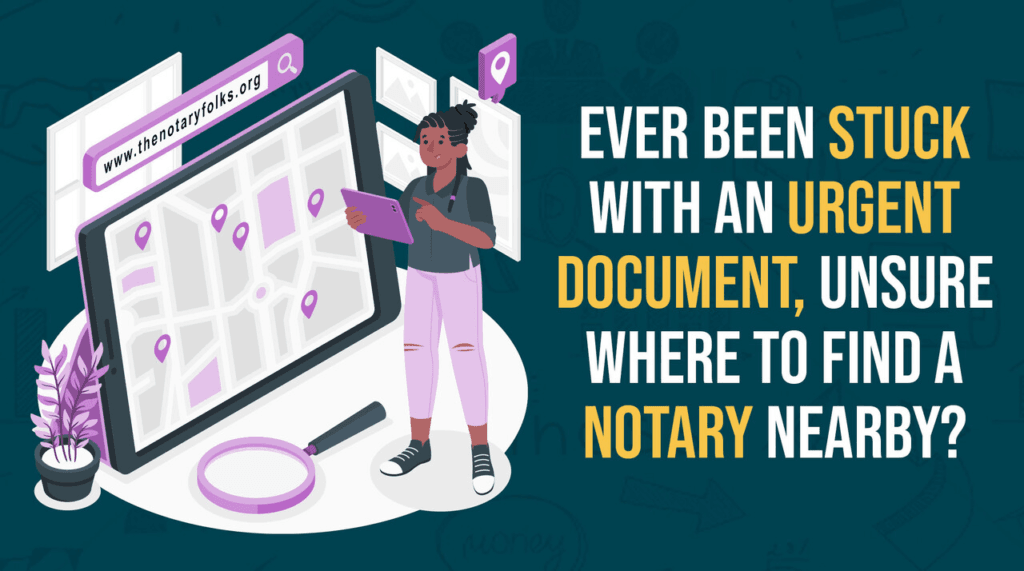
Think your will is good to go? Hold up. Here’s a scary truth about notarizing a will: that unsigned piece of paper could cost your family everything. Just like the 87% of families who skip this critical step, you might be putting your entire legacy at risk. While most folks know they need a will, there’s one tiny step that’s causing families to lose millions in court battles every year. Spoiler alert: it’s notarization, and skipping it is like leaving your front door wide open to legal nightmares. Please review and learn why it’s an essential part of estate planning & also the simple steps to notarize a will below. Before you scroll down, here is an important topic for you to check out ” Top 5 Estate Planning Documents Everyone Should Know”.
What is Will Notarization?
Will notarization is the official process of having a notary public witness and authenticate the signing of your will. While not required in every state, notarizing your will adds an extra layer of legal protection and can help prevent potential challenges to the document’s validity.
Key Benefits of Notarizing Your Will:
- Makes it harder for someone to fake the will
- Provides stronger legal validation
- Makes it easier for the court to handle the will
- Keeps track of who signed as witnesses
- It makes it less likely family members will fight over the will later
Not Notarizing Your Will: Key Problems and Risks
- Legal Risks
- If you don’t get your will notarized, someone could try to fight it in court. This means your money and belongings might not go to the people you chose.
- Family Fighting
- When a will isn’t notarized, family members might argue about whether it’s real. This can break apart families and cost a lot in lawyer fees.
- Money Problems
- Proving an un-notarized will is real costs money. These extra lawyer fees will reduce how much money your family gets in the end.
- Slow Process
- Courts take much longer to handle wills that aren’t notarized. This means your family will wait longer to get what you left them.
- Estate Plan Risks
- If you don’t get your will notarized correctly, your plan for your belongings might not work. This means the state could decide who gets your things, instead of following what you wanted.
- Proof Problems
- Without notarization, it’s hard to prove your will is real because there’s not enough proof from witnesses.
Common Misconceptions About Notarizing a Will:
- Just getting your will notarized makes it legal
This isn’t true – there are other steps needed to make your will valid - You need a lawyer for notarization
False – you can get your will notarized without a lawyer - Notaries only work with house papers
Wrong – notaries help with many kinds of papers, not just real estate - The notary reads your will
Not true – notaries just check IDs and watch you sign - You can’t change a notarized will
Wrong – you can make a new will anytime you want - It’s hard and costs too much
Actually, it’s simple and usually costs less than $20 - Every state needs notarized wills
Not true – many states don’t require it - You don’t need witnesses if it’s notarized
Wrong – most states still need witnesses - Only you need to be there
False – witnesses usually need to be there too - The notary keeps your will
No – you keep your will, not the notary
How to Notarize a Will – Step-by-Step Guide

- Get Your Will Ready
Check that your will is done and right
Write everything in plain words
Include all necessary details about asset distribution - Get Your Things Together
Your unsigned will
Valid photo ID
Any required witness documentation
Payment for notary services - Find a Notary
Visit UPS stores
Contact mobile notary services
Look for online notary options (where legal) - Complete the Notarization
Sign in front of the notary
Have witnesses present (if required)
Provide proper identification
Follow the notary’s instructions - After Notarization
Make copies of your notarized will
Store the original in a safe place
Tell your executor where to find it
Keep a list of witness contact information
FAQ
While you don’t always need to get your will notarized, it’s a smart move. It helps prove your will is real, stops people from making fake copies, and makes things smoother when the court handles your case.
Most places charge between $5 and $15. You might pay more if you want the notary to come to your home or if you do it online.
Yes, some states let you do this. You’ll need to join a video call, show your ID, and work with a special online notary service.
You need three things: your will, a photo ID (like a driver’s license), and witnesses (usually 2-3 people) to watch you sign.
Your will can still work, but it might cause headaches later. The court will take longer to approve it, your family might spend more money, and others might find it easier to question if it’s real.
The most common mistake I see is people assuming their will is legally sound without proper notarization. This oversight can lead to lengthy court proceedings and family conflicts. A notarized will essentially ‘future-proofs’ your final wishes.”
– David Chen, CPA, Estate Planning Specialist (Personal communication, 2024)
Conclusion
Notarizing your will is a simple but powerful step to protect your legacy and provide peace of mind. Not only does it ensure the authenticity of your will, but it also simplifies the legal process for your loved ones. As you refine your estate plan, don’t underestimate the transformative role of a notarized will—it’s the safeguard that ensures your final wishes are honored.
Effective estate planning is not just about protecting your future—it’s about caring for those you leave behind. Prioritize notarizing your will today.
➡️Ready to notarize your will? Find our hours, reviews, and directions on Google! Visit our Google Business listing and schedule your notarization today. OR
Contact us today to schedule a consultation with a certified notary. We specialize in making the notarization process seamless, ensuring your will and other important documents are properly executed. Let us help you safeguard your legacy for the future. Click on the button below to Get in touch with us today!


